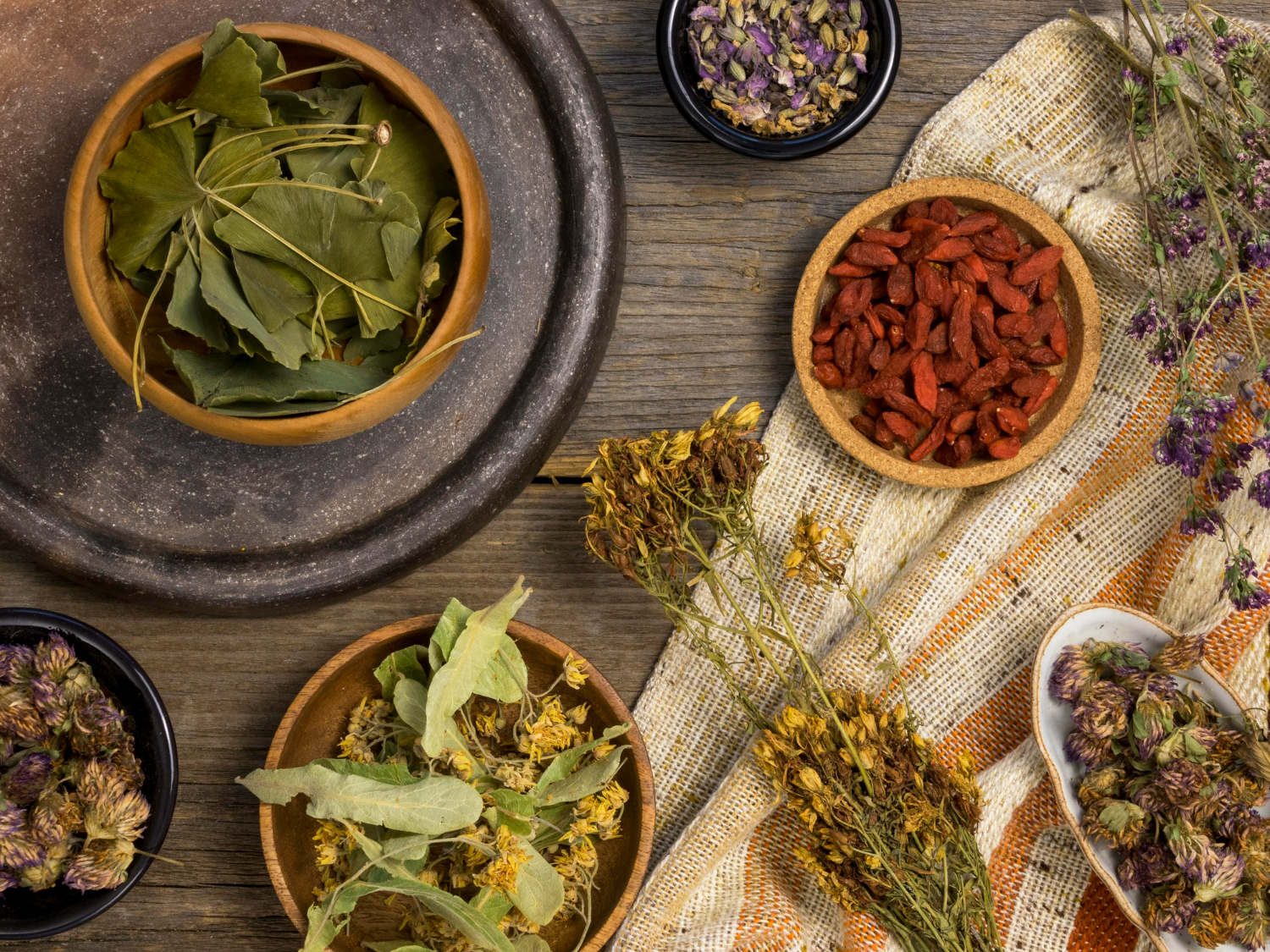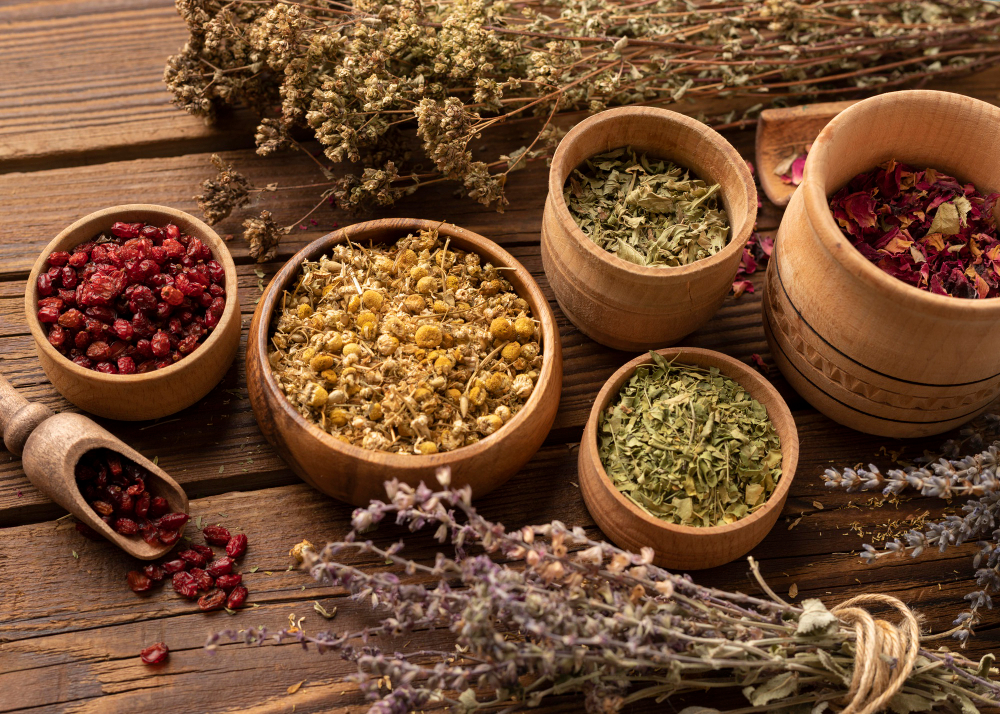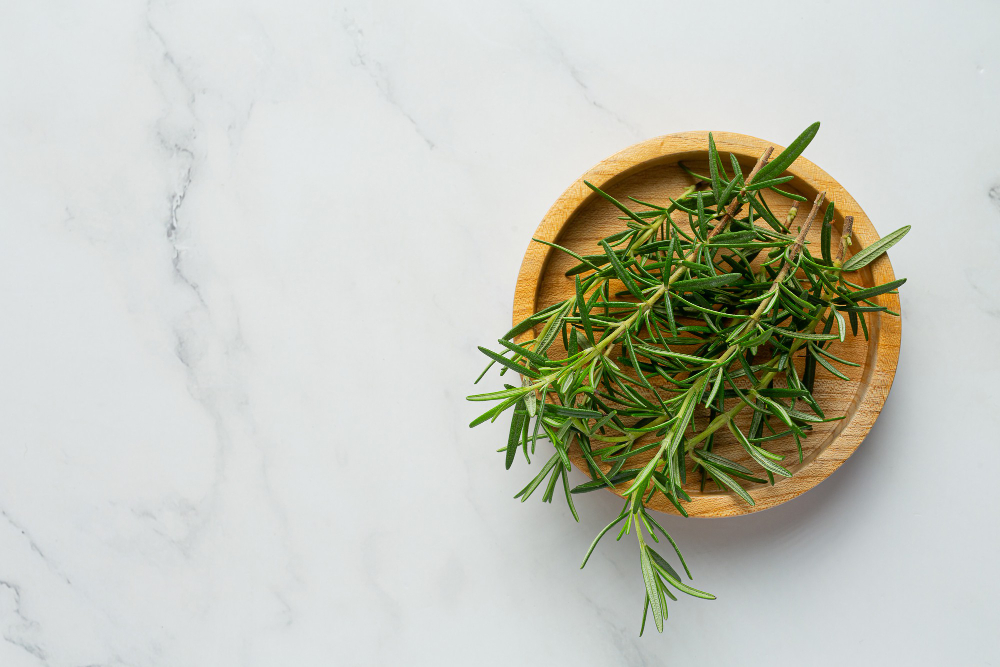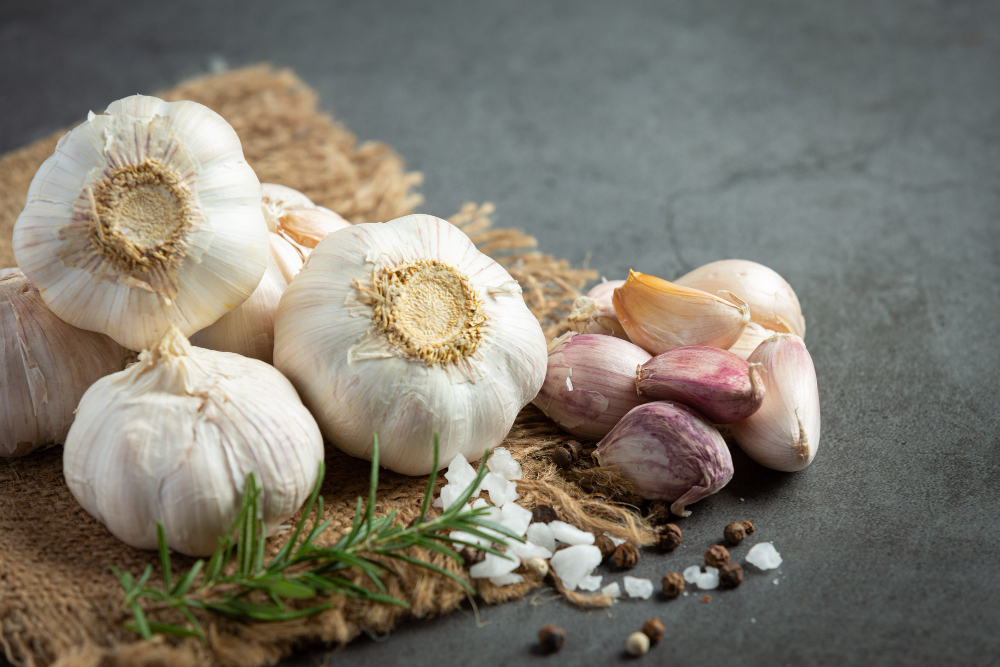Introduction to Herbal Remedies
Herbal remedies have been used for centuries, long before the advent of modern medicine. People from various cultures relied on plants to treat ailments, improve well-being, and maintain health. Today, herbal remedies are making a strong comeback as part of a sustainable lifestyle. They offer natural solutions to common health issues and align perfectly with eco-friendly living.
The History of Herbal Remedies
Understanding the history of herbal remedies helps us appreciate their value. From ancient Chinese medicine to Ayurveda in India, different cultures have harnessed the power of plants. These practices have laid the groundwork for the herbal remedies we use today.
Modern-Day Relevance
In our fast-paced world, many are turning to herbal remedies as a way to connect with nature and embrace a more natural lifestyle. This shift is part of a larger movement towards sustainability and mindful living.
Why Choose Herbal Remedies?
Opting for herbal remedies is not just about treating ailments naturally; it’s about a holistic approach to health and wellness.
Eco-Friendly Solutions
Herbal remedies are often sourced from plants grown in natural conditions, without the use of synthetic fertilizers or pesticides. This makes them a sustainable choice for those looking to reduce their environmental impact.
Personal Health Benefits
Herbal remedies can offer a gentler approach to healing compared to conventional medicine. They often have fewer side effects and can be used to treat a variety of conditions from stress to digestive issues.
Incorporating Herbal Remedies into Your Daily Routine
Adding herbal remedies to your daily routine doesn’t have to be complicated. Here are some simple ways to get started.
Herbal Teas
One of the easiest ways to incorporate herbs into your life is through teas. Chamomile, peppermint, and ginger teas are great starting points. They are not only delicious but also offer various health benefits.
Herbal Supplements
Herbal supplements, available in capsules, powders, and tinctures, provide a convenient way to get the benefits of herbs. Always choose high-quality supplements from reputable sources.
Herbal Remedies for Common Ailments
Herbs can be incredibly effective for common ailments. Here are some examples.
Stress and Anxiety
Herbs like lavender, valerian root, and ashwagandha are known for their calming effects. These can be taken as teas or supplements to help manage stress and anxiety.
Digestive Health
Ginger, peppermint, and fennel are excellent for digestive health. They can help with issues like bloating, gas, and indigestion.
Key Point 1: Herbal remedies offer natural and eco-friendly solutions for health and wellness.
Herbal Remedies for Immune Support
Keeping your immune system strong is essential for overall health. Herbal remedies can play a crucial role in this.
Echinacea
Echinacea is well-known for its immune-boosting properties. It’s often used to prevent colds and flu.
Elderberry
Elderberry is another powerful herb for immune support. It can be taken as a syrup, tea, or supplement to help fight off infections.
Enhancing Sleep with Herbal Remedies
A good night’s sleep is vital for well-being. Herbal remedies can help improve sleep quality.
Chamomile
Chamomile tea is famous for its soothing effects and can help promote restful sleep.
Valerian Root
Valerian root is another herb known for its ability to improve sleep. It’s often used in supplements for those struggling with insomnia.
Herbal Remedies for Skin Health
Herbal remedies can also be beneficial for your skin. They offer natural alternatives to chemical-laden skincare products.
Aloe Vera
Aloe vera is excellent for soothing burns and promoting skin healing. It can be used directly from the plant or as a gel.
Calendula
Calendula is known for its anti-inflammatory and antimicrobial properties, making it great for treating minor wounds and skin irritations.
Key Point 2: Herbal remedies can effectively support immune health, improve sleep, and enhance skin health.
Herbs for Mental Clarity and Focus
Maintaining mental clarity and focus is essential in our busy lives. Certain herbs can help with this.
Ginkgo Biloba
Ginkgo biloba is known for its ability to improve cognitive function and memory. It’s a popular choice for enhancing mental clarity.
Rosemary
Rosemary isn’t just a culinary herb; it also has properties that can help improve concentration and memory.
Herbal Remedies for Energy and Vitality
Feeling sluggish? Herbal remedies can help boost your energy levels naturally.
Ginseng
Ginseng is a well-known herb for increasing energy and vitality. It’s often used to combat fatigue and improve overall stamina.
Maca Root
Maca root is another powerful herb for boosting energy. It’s also known for its ability to balance hormones and improve mood.
Detoxifying with Herbal Remedies
Detoxifying your body can help improve overall health. Herbal remedies offer gentle ways to detox.
Dandelion
Dandelion is excellent for liver detoxification. It can be consumed as a tea or supplement.
Milk Thistle
Milk thistle is another herb known for its liver-cleansing properties. It’s often used to support liver health and detoxification.
Key Point 3: Herbal remedies can enhance mental clarity, boost energy, and support detoxification processes.
Herbal Remedies for Women’s Health
Herbal remedies can be particularly beneficial for women’s health issues.
Red Raspberry Leaf
Red raspberry leaf is known for its benefits to women’s reproductive health. It’s often used to ease menstrual cramps and support pregnancy.
Black Cohosh
Black cohosh is commonly used to manage menopausal symptoms like hot flashes and mood swings.
Herbs for Men’s Health
Men can also benefit from specific herbal remedies tailored to their health needs.
Saw Palmetto
Saw palmetto is known for its benefits to prostate health. It’s commonly used to manage benign prostatic hyperplasia (BPH).
Tribulus Terrestris
Tribulus terrestris is often used to enhance male vitality and support healthy testosterone levels.
Herbal Remedies for Respiratory Health
Herbs can be effective in supporting respiratory health and alleviating symptoms of colds and allergies.
Licorice Root
Licorice root is known for its soothing effects on the respiratory tract. It can help relieve coughs and sore throats.
Mullein
Mullein is another herb used to support respiratory health. It’s often used to treat conditions like bronchitis and asthma.
Key Point 4: Herbal remedies offer targeted support for women’s health, men’s health, and respiratory health.
Nature Therapy and Herbal Remedies
Combining herbal remedies with nature therapy can enhance the benefits of both practices.
Forest Bathing
Forest bathing, or spending time in nature, can be complemented with the use of herbal remedies for a holistic approach to health.
Herbal Gardening
Growing your own herbs is a great way to integrate herbal remedies into your life while also enjoying the benefits of nature therapy.
Herbal Remedies for Pain Management
Herbal remedies can offer natural alternatives to conventional pain management methods.
Turmeric
Turmeric is well-known for its anti-inflammatory properties. It can be used to manage pain from conditions like arthritis.
Willow Bark
Willow bark is often referred to as nature’s aspirin. It’s effective in managing pain and inflammation.
Herbs for Heart Health
Supporting heart health is crucial, and certain herbs can play a significant role.
Hawthorn
Hawthorn is known for its benefits to heart health. It can help improve circulation and support cardiovascular function.
Garlic
Garlic is another powerful herb for heart health. It’s known for its ability to lower blood pressure and cholesterol levels.
Key Point 5: Herbal remedies can be effectively used for pain management, heart health, and can be enhanced with nature therapy practices.
Safety and Precautions with Herbal Remedies
While herbal remedies offer numerous benefits, it’s important to use them safely.
Consult a Professional
Always consult with a healthcare professional before starting any new herbal remedy, especially if you have underlying health conditions or are taking other medications.
Quality Matters
Ensure you are using high-quality herbs and supplements. Look for reputable brands and avoid products with unnecessary additives.
Creating a Sustainable Herbal Remedy Routine
Incorporating herbal remedies into your lifestyle can be done sustainably.
Grow Your Own Herbs
Growing your own herbs ensures you have a fresh supply and reduces the environmental impact of transportation and packaging.
DIY Herbal Products
Making your own herbal products like teas, tinctures, and salves can be a rewarding and sustainable practice.
Conclusion
Embracing herbal remedies as part of a sustainable lifestyle offers numerous benefits. From supporting health and wellness to connecting with nature, these natural solutions align perfectly with eco-friendly living. By understanding the history, benefits, and ways to incorporate herbal remedies into your daily routine, you can take a holistic approach to your health while contributing to a more sustainable world.
FAQs
What are herbal remedies?
Herbal remedies are treatments made from plants and plant extracts used to promote health and treat ailments.
How do herbal remedies support a sustainable lifestyle?
Herbal remedies are natural, often sustainably sourced, and can reduce reliance on synthetic medications.
Can I grow my own herbs for remedies?
Yes, growing your own herbs is a sustainable and rewarding way to incorporate herbal remedies into your lifestyle.
Are herbal remedies safe?
Most herbal remedies are safe when used correctly, but it’s important to consult a healthcare professional before starting any new treatment.
How can herbal remedies improve my health?
Herbal remedies can support various aspects of health, including immune function, digestion, sleep, and mental clarity.
What are some common herbs used in remedies?
Common herbs include chamomile, ginger, echinacea, lavender, and turmeric.
Can herbal remedies be used alongside conventional medicine?
Some herbal remedies can be used alongside conventional medicine, but it’s crucial to consult a healthcare professional to avoid interactions.
What herbal remedies are good for stress and anxiety?
Herbs like lavender, valerian root, and ashwagandha are known for their calming effects and can help manage stress and anxiety.
How do I choose high-quality herbal supplements?
Look for reputable brands, check for certifications, and avoid products with unnecessary additives or fillers.
What is nature therapy and how does it relate to herbal remedies?
Nature therapy involves spending time in nature to improve health and well-being. It can be complemented by using herbal remedies for a holistic approach to wellness.





